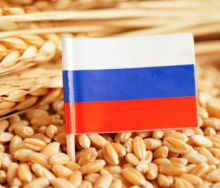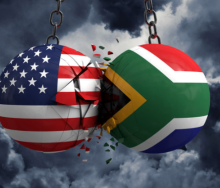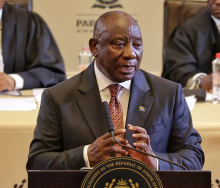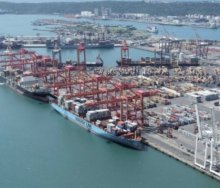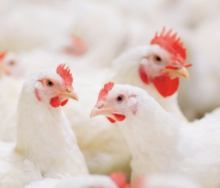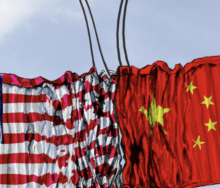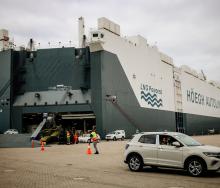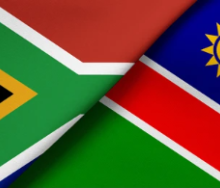The government of President Mokgweetsi Matsisi has taken its next step towards indigenising job creation through economic opportunities with the announcement from Gaborone yesterday that Botswana has placed a ban on the importation of baked goods.
This comes after the country’s Ministry of Investment, Trade and Industry issued a statement saying that a Statutory Instrument (SI) restriction would be implemented through the Control of Goods, Prices and other Charges Act.
According to the statement, the restriction will include “all types of bread such as pastries, cookies, muffins, scones, cupcakes and other baked products prepared from flour or meal derived from some form of grain”.
In a clear indication of the intent of the decision the ministry said: “The purpose of the SI is to stimulate the establishment and development of micro, small, medium and large enterprises operating the bread and confectionary services”.
It is hoped that the restriction on imported baked goods will stimulate related entrepreneurial endeavours and job creation in the related market.
“Eligible businesses are encouraged to take advantage of opportunities of this instrument from their business and supply the local market,” the ministry said.
The announcement comes in the wake of another indigenising development currently on the boil in Botswana where moves are allegedly afoot to reserve the lion’s share – up to 90% sources say – of domestic courier responsibilities for local companies.
It will force inbound transporters to make use of single drop-off hubs from which locally verified service providers will be responsible for freighting goods across Botswana’s vast hinterland, where its main urban locales are situated on the country’s fringes, hundreds of kilometres apart.
Botswana’s announcement about baked goods is the latest development signalling increased localisation of trade in sub-Saharan Africa, an economic protectionist trend that has risen during the coronavirus pandemic, leading some freight industry representatives to refer to it as “Covid nationalism”.
Zambia is another country where Covid nationalism appears to be rearing its head after it emerged recently that the government of President Edgar Lungu was toying with the idea of reserving 50% of all internal freight for local operators.



